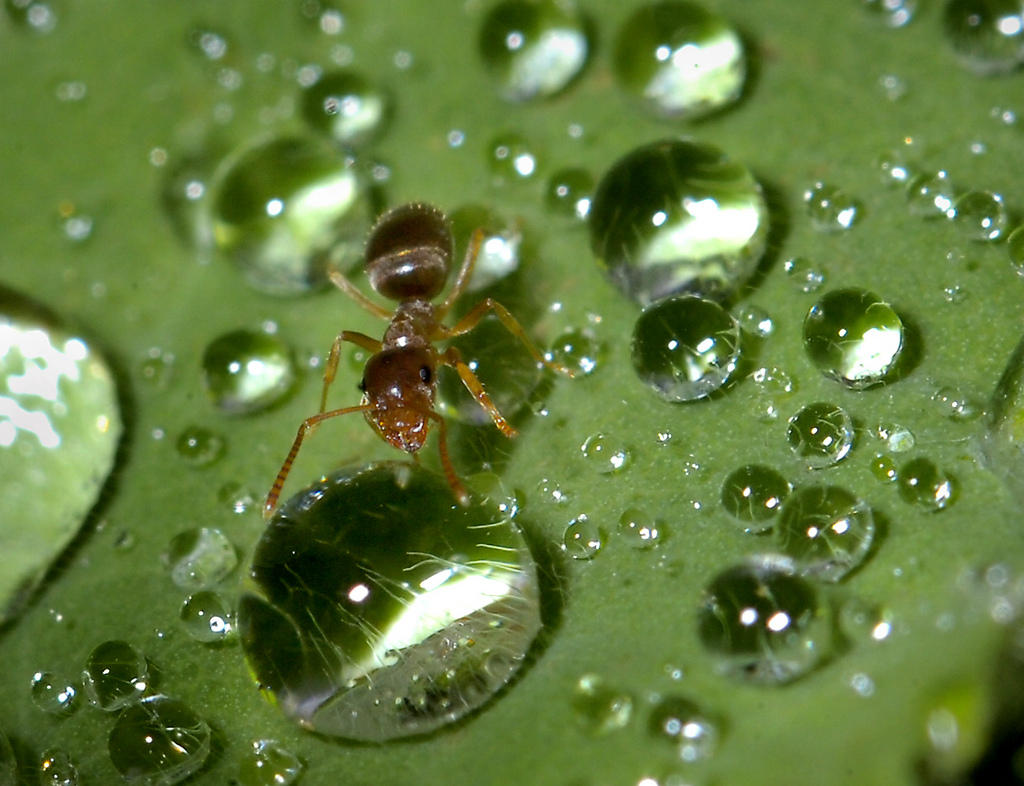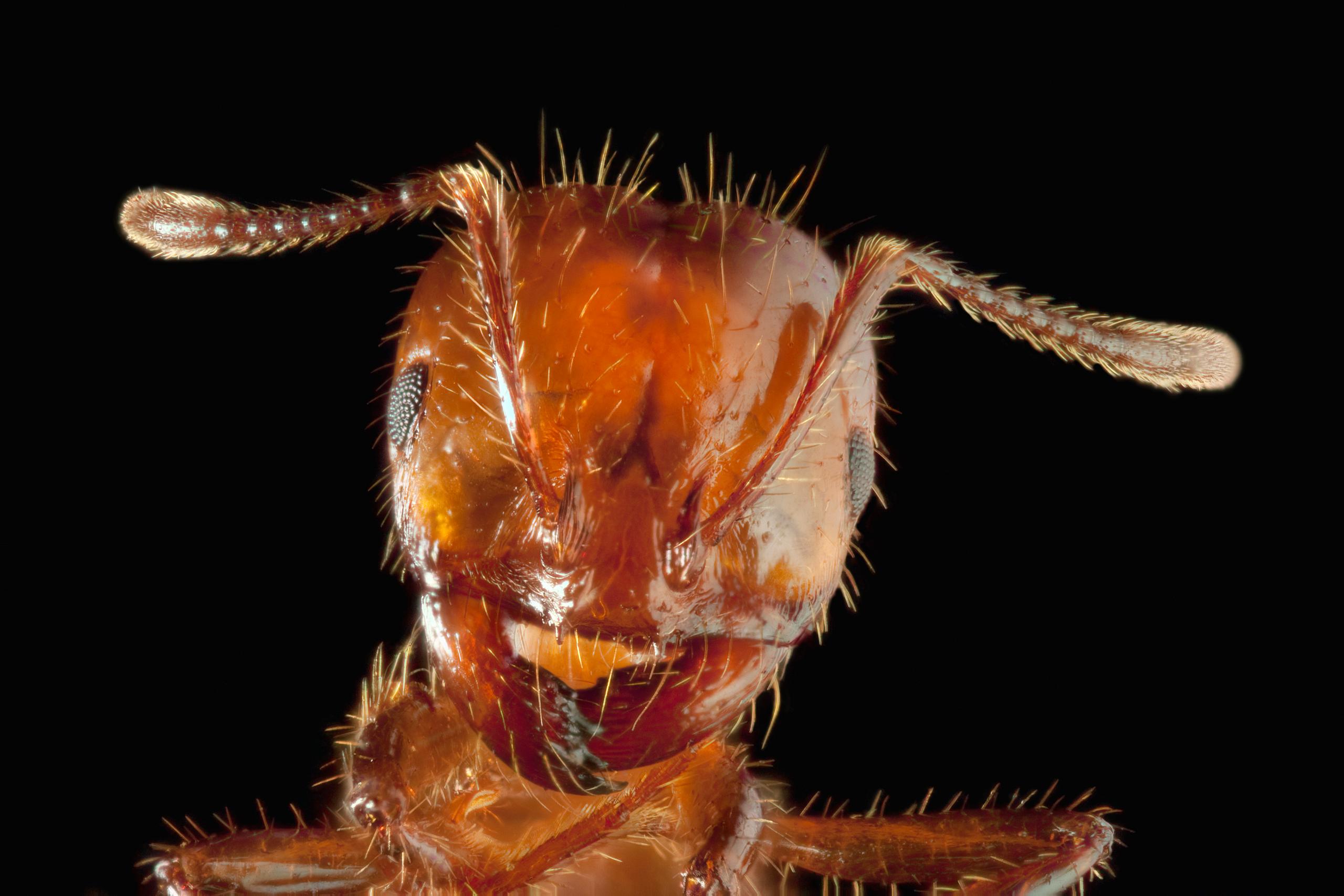
Sick ants keep their distance to protect the colony

Ants, when infected with harmful pathogens, appear to alter their behaviour and avoid other colony members to lower the risk of contagion, a new Swiss-led study has found.
As flu season grips the northern hemisphere, some office workers will be bemoaning the fact that fever and raking coughs can’t keep some presenteeism-obsessed colleagues away from work.
Should we take heed of ants? A new study, led by Nathalie Stroeymeyt at the University of Lausanne, tracked colonies of black garden ants and found that the insects seem to understand the importance of avoiding others when infected.
After exposing some of the ‘foraging’ members of the colony (those that collect food outside the nest, as opposed to the ‘nurses’ who hang back to care for the brood) to spores of a lethal fungus, the researchers found that within a day, separation between foragers and nurses became more pronounced.
“Exposed foragers changed their behaviour, spending even more time outside the nest and decreasing their contact with other workers. Foragers that were not exposed to the pathogen also took steps to isolate themselves, and nurses moved the brood deeper inside the nest,” writes the New Scientist magazine.
Although further research is needed to determine exactly how the ants detected the fungus on themselves and on others, the overall message is clear: the behaviour changes reduce contagion and protect healthy workers, and the queen, from disease.
In socially-focused species, therefore, individual behaviour is tailored towards the benefit of the greater good, while the ability to adopt a “flexible social network on demand may represent a widespread tactic to survive environmental hazards”, say the authors.
The findings were published in the journal ScienceExternal link.

More
Anthills yield insights into evolution of society

In compliance with the JTI standards
More: SWI swissinfo.ch certified by the Journalism Trust Initiative




























You can find an overview of ongoing debates with our journalists here . Please join us!
If you want to start a conversation about a topic raised in this article or want to report factual errors, email us at english@swissinfo.ch.